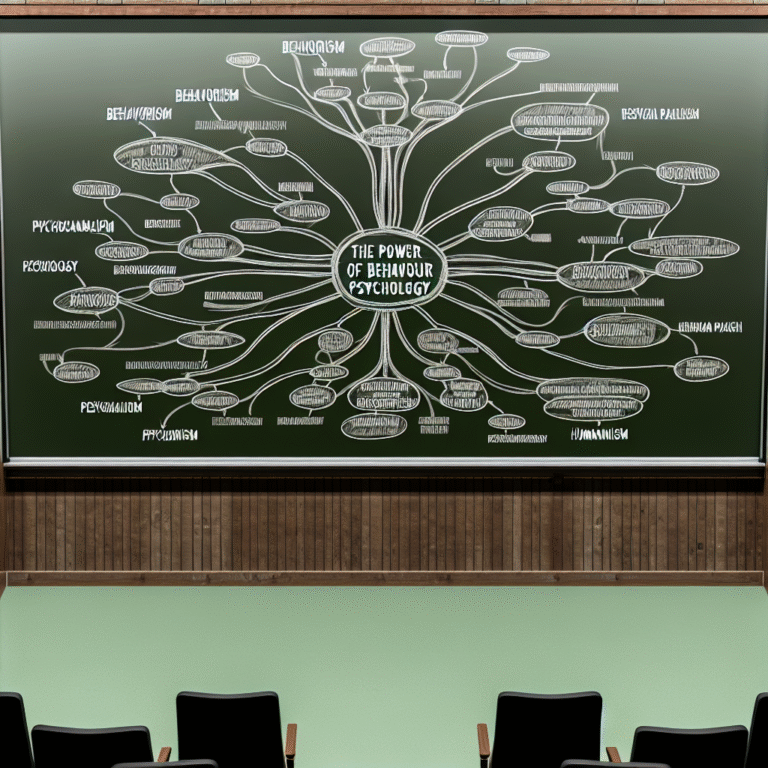
Procrastination No More: Essential Evidence-Based Tips to Boost Your Motivation
Introduction
We all know the struggle: the deadline looms, the to-do list grows, and yet, we find ourselves scrolling through social media, binge-watching the latest series, or cleaning out the garage instead of tackling that crucial project. Procrastination can feel like an insurmountable wall, but it doesn’t have to define your productivity or your life. In this comprehensive exploration of Procrastination No More: Evidence-Based Tips to Boost Your Motivation, we will equip you with the tools and insights to overcome procrastination once and for all. By the end of this guide, you’ll have actionable strategies and a renewed sense of purpose to face your tasks head-on.
Understanding Procrastination: The Psychological Mechanics
What is Procrastination?
Before we dive into the solutions, let’s understand what procrastination really is. At its core, procrastination is the act of delaying or postponing tasks or decisions. Despite knowing the potential consequences, individuals often find comfort in avoidance, leading to stress, reduced productivity, and sometimes even mental health issues.
The Psychology Behind Procrastination
Research indicates that procrastination is linked to various psychological factors, including anxiety, perfectionism, and low self-esteem. When tasks seem overwhelming or fear of failure looms, our brains opt for instant gratification — a natural but detrimental response.
Case Study: The College Student’s Dilemma
Consider the case of Sarah, a college student who faced immense pressure from her studies. She often put off assignments until the night before they were due. This habitual procrastination affected her grades and mental health. However, when she started employing time-management techniques and cognitive-behavioral strategies, her productivity soared, and her academic performance improved dramatically. This shift is just one illustration of how addressing procrastination can lead to significant positive changes.
Evidence-Based Tips to Enhance Motivation
1. Set Clear and Achievable Goals
One of the most effective methods to combat procrastination is to set clear, achievable goals. Break down larger tasks into smaller, manageable parts. Goal-setting not only provides direction but also makes daunting tasks feel less overwhelming.
Implementation Strategy
| Task | Sub-Tasks | Deadline |
|---|---|---|
| Write research paper | Research sources | 2 days from now |
| Outline main points | 3 days from now | |
| Write draft | 1 week from now |
This table illustrates a clear breakdown of tasks that makes completion feel more achievable.
2. Utilize the Pomodoro Technique
The Pomodoro Technique is a time management method that enhances focus and alleviates burnout. It involves working for 25 minutes and then taking a 5-minute break. This technique keeps your mind fresh and can significantly boost motivation.
Research Findings
Studies show that the Pomodoro Technique improves concentration, leading to better overall productivity. This structured approach can help transition from passive procrastination to active engagement.
3. Remove Distractions
In our hyper-connected world, distractions are everywhere. Identify what pulls your attention away from important tasks. It could be notifications on your phone, clutter in your workspace, or even a noisy environment.
Actionable Steps
- Digital Detox: Schedule specific times to check emails and social media.
- Create a Suitable Workspace: Designate a clutter-free zone that inspires productivity.
4. Build a Reward System
Implement a reward system to incentivize yourself. Small rewards after accomplishing tasks can have a motivating effect.
Example Rewards
- Take a short walk after finishing a report.
- Enjoy a treat after completing a challenging project.
Using positive reinforcement can turn tedious tasks into something more enjoyable and less daunting.
5. Engage with Accountability Partners
Having someone to check in with can greatly enhance motivation. Share your goals with a friend or a colleague who can provide encouragement and accountability.
The Power of Community
Studies suggest that individuals who engage with peers or mentors are less likely to procrastinate. The social component adds a level of commitment that is often missing when working alone.
6. Mindfulness and Meditation Techniques
Meditation and mindfulness practices can help reduce anxiety and improve focus. A calm mind is less likely to succumb to procrastination.
Application Method
- Start your day with a 10-minute meditation focused on your goals for the day.
- Use breathing exercises when feeling overwhelmed to regain your focus.
7. Embrace Imperfection
Perfectionism can be a major roadblock to productivity. Understand that it is okay to produce work that is not perfect. Allowing yourself to make mistakes leads to greater creativity and less fear of failure.
8. Regular Reflection
At the end of each week, reflect on what you accomplished. Celebrate your successes, however minor, and reassess your goals moving forward. This reflection will not only boost your motivation but can also help you identify areas for improvement.
Conclusion
In wrapping up our exploration of Procrastination No More: Evidence-Based Tips to Boost Your Motivation, remember that overcoming procrastination is a journey, not a destination. It requires understanding your psychological barriers, setting clear goals, implementing effective strategies, and practicing mindfulness. By utilizing these evidence-based tips, you can turn procrastination into productivity, allowing you to achieve your goals and realize your full potential.
As you move forward, keep in mind that every small step counts. Your future self will thank you for the actions you take today to combat procrastination.
FAQs Section
1. Why do I procrastinate?
Procrastination can stem from various causes, including anxiety about the task, perfectionism, or a lack of motivation. Understanding your personal triggers can help you address the root cause effectively.
2. How can I stay motivated over time?
To maintain motivation, regularly revisit your goals, break tasks into smaller parts, and reward yourself for accomplishments. Consistent reflection on your progress can also reinforce your commitment.
3. Is procrastination a sign of laziness?
Not necessarily. Procrastination can be a complex behavior driven by psychological factors. It often relates more to fear, anxiety, or perfectionism than to a simple lack of effort.
4. Can technology help reduce procrastination?
Yes! Various apps can help you manage your time, block distractions, and set reminders. Tools like Trello, Todoist, and Focus@Will can enhance productivity and reduce avoidance behaviors.
5. How can I overcome perfectionism?
Start by setting realistic expectations for yourself. Focus on the process rather than the outcome, and celebrate effort over perfection. Practices like self-compassion and mindfulness can also help reduce perfectionistic tendencies.
By embracing these strategies from Procrastination No More: Evidence-Based Tips to Boost Your Motivation, you can take control of your time and reshape your habits. Let’s make procrastination a thing of the past!















